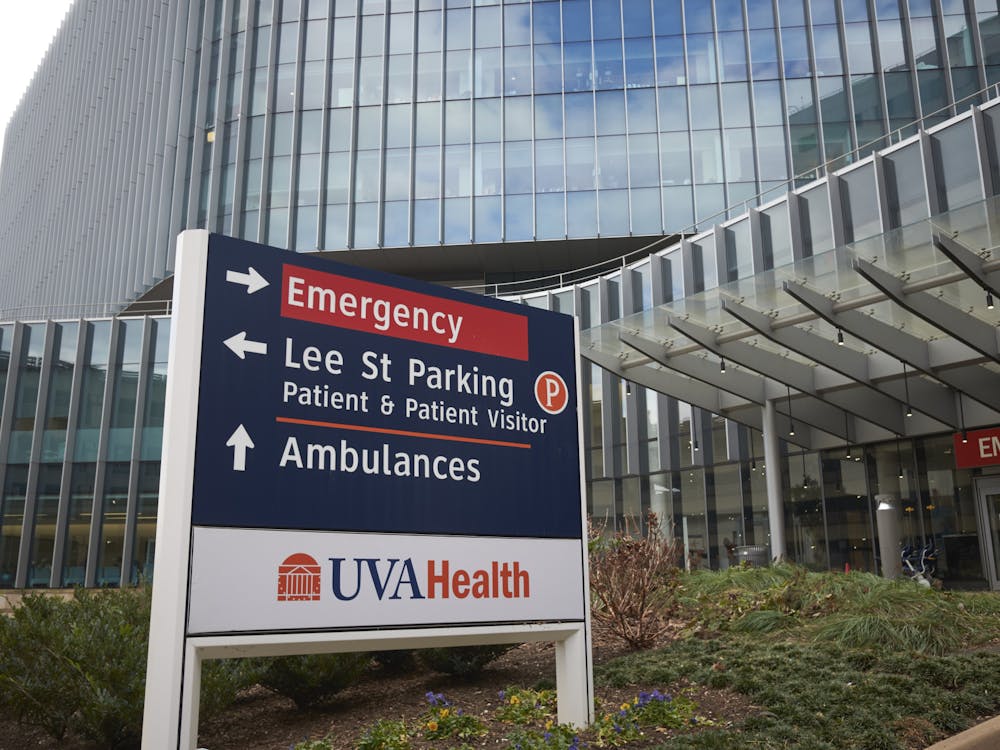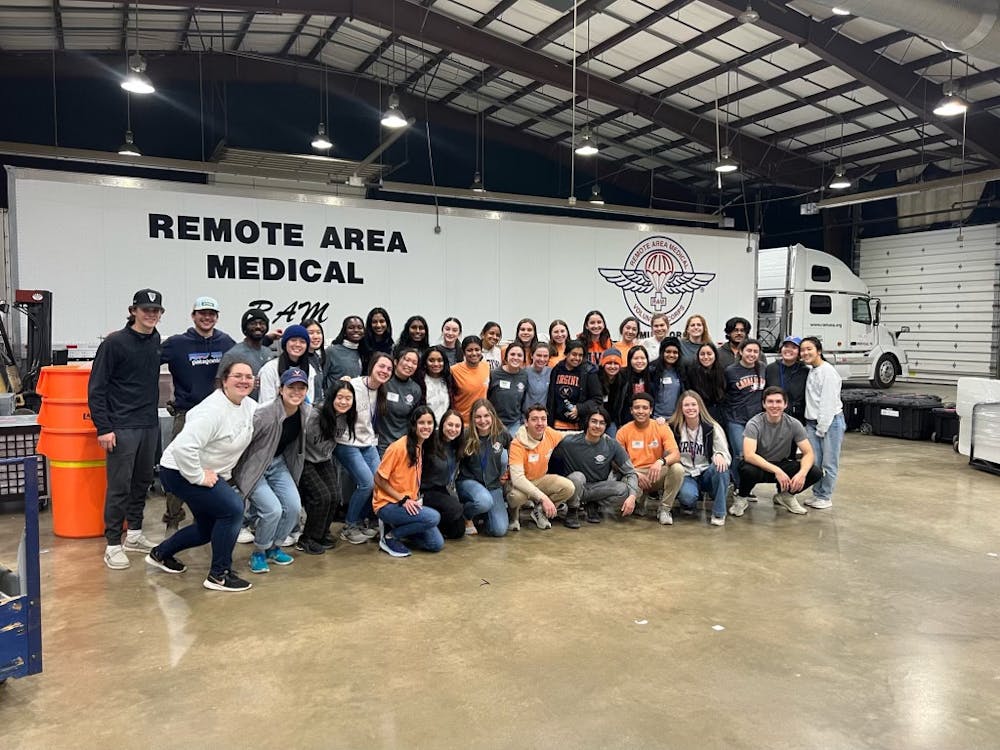In an email to University students and personnel Monday, Student Health Executive Director Christopher Holstege said there have been two suspected cases of mumps at the University this fall. He also wrote about the implications of mumps and what steps students should take to prevent infection. This follows a similar message in February identifying two similar cases.
Mumps is a viral disease that can be spread by coughing, sneezing, talking or sharing drinks and food with others. Visible physical symptoms include puffy cheeks and a swollen jaw, both of which are caused by swollen salivary glands. Other common symptoms include fever, headache, muscle aches, fatigue and loss of appetite.
Mumps is contagious for three days before and five days after salivary glands become swollen. Importantly, some patients do not display all of these aforementioned symptoms, which become noticeable 16 to 18 days after contraction. Patients with mumps usually recover in a few weeks.
Mumps tends to go away on its own, however in rare cases, complications include inflammation of reproductive organs, inflammation of breast tissue, deafness, encephalitis — inflammation of the brain, caused by infection — and meningitis, which is the inflammation of the membranes surrounding the brain and spine.
Holstege said that the best protection against mumps is the MMR vaccine which usually protects recipients from measles, mumps and rubella. The Centers for Disease Control and Prevention recommends multiple doses of the MMR vaccine, “with the first administered at 12 months of age and another between the ages of four and six.” Though most colleges, including the University, require students to have the MMR vaccine prior to enrollment, each student should confirm their vaccinations are up to date to prevent the spread of contagious diseases among the student population.
“If you have not completed the two-shot series, you should do so now,” Holstege said in an email statement. “You can make an appointment to get the vaccine via the Healthy Hoos patient portal.”
Mumps is common among close-contact areas such as schools and camps. However, there has been more than a 99 percent decrease in cases since the pre-vaccine era, which ended in 1963. According to the CDC, high vaccination rates restrict the magnitude and duration of mumps outbreaks.
Aside from vaccination, Holstege said that since flu season has already begun, it is especially important for students to maintain healthy practices. In particular, he recommends washing hands for 20 seconds or more with soapy water, avoiding sharing anything that has come into contact with saliva, getting sufficient sleep and maintaining a healthy diet to boost immunity.
“If you have symptoms suggesting mumps, we strongly recommend that you stay home and contact Student Health General Medicine at 434-982-3915 to determine the best steps to take,” Holstege said. “If you call Student Health on the weekend or after regular business hours, an on-call clinician is available for consultation.”





